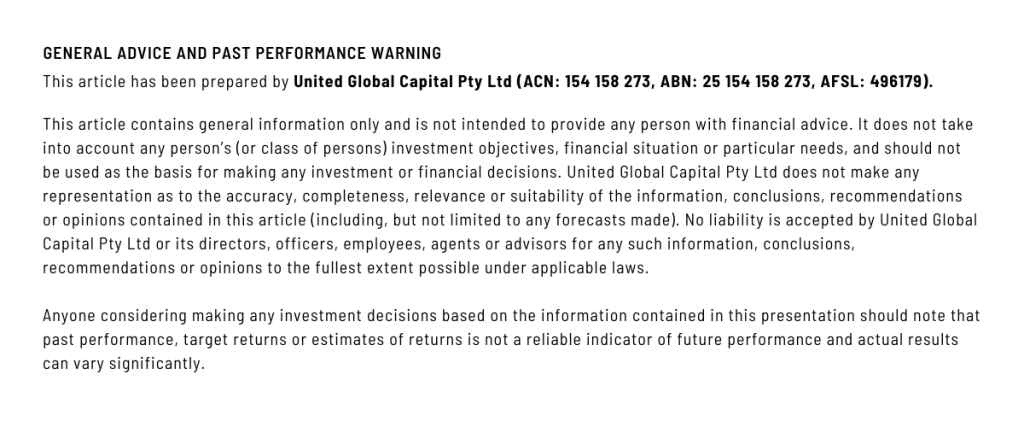Risk Tolerance vs Risk Capacity: Why You Need to Know the Difference
In the world of investing and financial planning, understanding the difference between risk tolerance and risk capacity is essential for crafting a strategy that aligns with your financial goals and personal comfort level. While these terms are often used interchangeably, they represent distinct concepts that can significantly impact your investment decisions and, ultimately, your financial security.

Risk Tolerance: The Emotional Dimension
Risk tolerance is the emotional and psychological comfort level an individual has with the uncertainty and potential for financial loss in their investments. It’s a subjective measure that varies from person to person and is influenced by a range of factors, including age, financial goals, life experiences, and overall temperament. An individual’s risk tolerance determines how much market volatility they can emotionally handle without feeling compelled to make impulsive decisions. It’s about knowing how much sleep you’re willing to lose over the ups and downs in your investment portfolio.
Risk Capacity: The Financial Dimension
Risk capacity, on the other hand, is an objective assessment of an individual’s financial ability to withstand losses without affecting their long-term financial goals. It considers factors such as income, net worth, financial obligations, and time horizon for investments. Risk capacity answers the question of how much financial risk you can afford to take, given your current and projected financial situation. Unlike risk tolerance, which is based on your emotional disposition, risk capacity is grounded in the reality of your financial circumstances.

The Interplay and Importance of Both
The interplay between risk tolerance and risk capacity is critical in the development of a sound investment strategy. While your risk tolerance might suggest a high capacity for risk, your financial situation might not support that level of risk-taking. Conversely, you might have the financial means to take on significant risks but lack the emotional constitution to deal with the accompanying volatility.
Ignoring the balance between these two aspects can lead to an investment approach that is either too aggressive, exposing you to undue financial risk, or too conservative, potentially hampering the growth of your portfolio. Understanding and aligning both your risk tolerance and risk capacity is key to developing a strategy that not only seeks to achieve your financial objectives but also allows you to sleep well at night.
Practical Steps for Investors
- Self-assessment: Regularly evaluate your emotional response to risk and financial changes to understand your risk tolerance.
- Financial analysis: Perform a thorough review of your financial situation to assess your risk capacity accurately.
- Consultation with professionals: Work with a financial adviser to integrate your risk tolerance and capacity into a coherent investment strategy.
- Education: Increase your financial literacy to better understand the risks and rewards associated with different investment options.
A Balanced Approach for Financial Well-Being
Balancing risk tolerance and risk capacity is essential for any investor looking to navigate the complexities of the financial markets successfully. By understanding the nuances of these concepts, you can tailor your investment strategy to fit not only your financial goals but also your personal comfort level with risk. This balanced approach can lead to a more satisfying and less stressful investing experience, ensuring that your financial plan supports your long-term objectives and lifestyle preferences.
Ready to Align Your Investment Strategy with Your Risk Profile?
At United Global Capital, our team of experts are here to guide you through creating an investment strategy that reflects your unique financial situation and goals. Contact us today to start crafting a plan that brings you financial peace of mind while steering you toward your aspirations.

